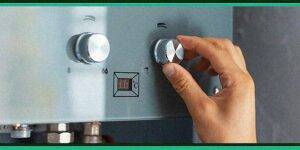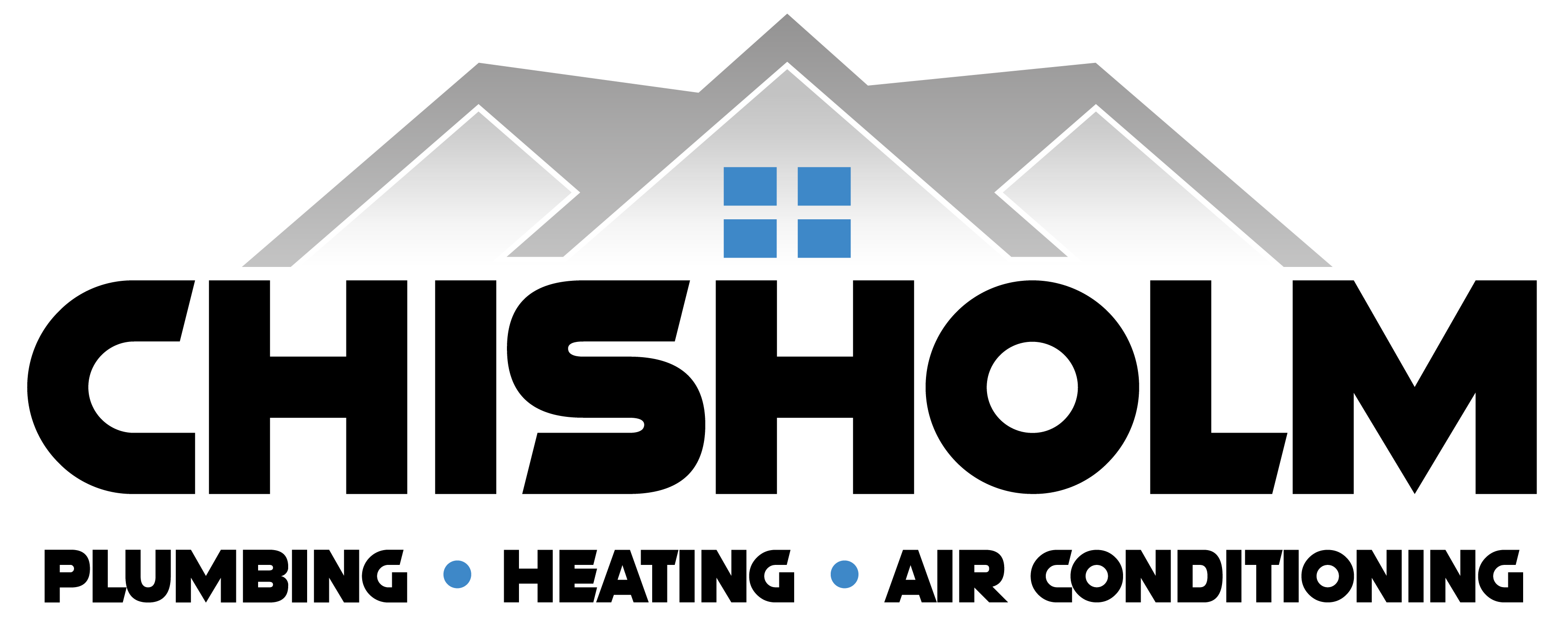Common Causes of Clogged Drains
Dealing with slow or clogged drains? Clogged drains are a common frustration for homeowners, leading to unpleasant odors, slow drainage, and even costly repairs if left unaddressed. Here’s a closer look at the most frequent causes of clogged drains and how to prevent them.
1. Hair Buildup
One of the top culprits of clogged bathroom drains, hair can easily accumulate in pipes, especially in showers and sinks. When combined with soap scum and other debris, hair can form stubborn clogs that slow or completely block drainage.
Prevention Tip: Use drain covers in showers and sinks to catch hair before it goes down the drain, and clean them out regularly.
2. Soap Scum
Soap residue may seem harmless, but it can create major clogs over time. Soap combines with minerals in water to form a thick, sticky substance that builds up on pipe walls, narrowing the space for water to flow.
Prevention Tip: Clean drain stoppers and screens regularly to prevent soap buildup, and consider switching to soap-free or low-residue products.
3. Grease and Oil
Grease and oil from cooking are notorious for clogging kitchen drains. When poured down the drain, grease solidifies as it cools, sticking to pipe walls and catching food particles, creating a tough blockage.
Prevention Tip: Avoid pouring any type of grease, oil, or fat down the drain. Instead, pour grease into a container and dispose of it in the trash once it cools.
4. Food Waste
While garbage disposals can handle small scraps, large food particles or fibrous foods like potato peels, coffee grounds, and celery can overwhelm your plumbing. These items don’t break down easily and can create a dense, difficult-to-clear clog.
Prevention Tip: Only use the garbage disposal for small scraps and avoid letting coffee grounds or fibrous foods go down the drain. Use a sink strainer to catch larger particles.
5. Mineral Buildup
In areas with hard water, minerals like calcium and magnesium can accumulate in pipes over time, causing scaling that narrows the flow of water. This mineral buildup can lead to slow drainage and persistent clogs.
Prevention Tip: Install a water softener if you have hard water, and consider routine maintenance to prevent mineral deposits from clogging pipes.
6. Foreign Objects
Small objects such as toys, toothbrushes, cotton swabs, and even jewelry can accidentally fall into drains, especially in homes with young children. These items can easily obstruct pipes, leading to clogs that often require professional removal.
Prevention Tip: Be mindful of what goes near sinks and toilets, and consider installing drain guards to prevent foreign objects from entering.
7. Tree Roots
Tree roots can grow into underground pipes searching for moisture, especially if there are even the smallest cracks in your plumbing. These roots can cause severe blockages, requiring professional intervention.
Prevention Tip: Regularly inspect your plumbing system, especially if you have older pipes or live in a tree-lined area. A professional inspection can help catch root intrusion early.

How Chisholm Plumbing Heating & Air Conditioning Can Help
Persistent drain clogs can be difficult to tackle alone, especially if they result from deeper issues. Chisholm Plumbing Heating & Air Conditioning offers professional drain cleaning and maintenance services to clear out tough clogs and keep your plumbing flowing smoothly. Our team uses advanced tools to address every type of clog, so you can enjoy a hassle-free drain system.
Need Help with a Clogged Drain? Contact Us Today!
If you’re struggling with slow or clogged drains, don’t wait for the problem to worsen. Contact Chisholm Plumbing Heating & Air Conditioning to schedule a drain cleaning service and restore your home’s plumbing to peak performance. Reach out through our online form to get started!

